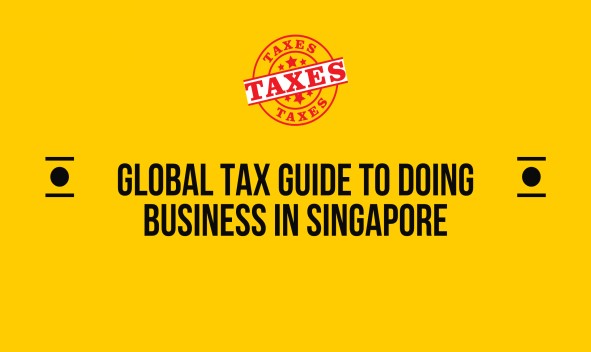Singapore is always one of the most preferred countries when it comes to doing business for global companies. Hence, if you are looking to do business in Singapore, you should be well aware of the taxation and other details associated with it.
- Legal System
We first need to shed some light on the legal system, to understand the way businesses operate. The legal system goes back to the English legal system, which comprises the constitution, legislature, and subsidiary legislature viz. a viz. rules and regulations.
Apart from the usual Supreme Courts, state courts, and family justice courts, Singapore is well known for its arbitration and international commercial dispute resolution through the well-known Singapore International Arbitration Centre or the Singapore International Commercial Courts. They are intolerable towards corruption and take strict action against the lawbreakers.
- Taxation Authorities
Much like the IRS, Singapore has the Inland Revenue Authority of Singapore (IRAS) which is tasked with the collection of taxes, drafting laws, and advising on property evaluation. They can also represent the government for tax-treaty negotiations against global conglomerates and companies.
- Business Verticals
According to the recent legislature, there are finite types of businesses in Singapore. They are listed below:
- Partnership Businesses:
o General Partnership: Here, the partnership is not a separate legal entity and the burden of taxation falls on the sole proprietor.
o Limited Liability Partnership: It is a separate legal entity, where the partners have limited liability. However, for taxation, individual partners are assessable.
o Limited Partnership: It is a relatively new concept, both general and limited partners can be present and the taxation is as same as the other partnerships.
- Corporations:
o Limited by Shares: It is like any other country, where you can have private and public companies, and the corporation is a separate legal identity.
o Limited by Guarantee: It is the usual mode of business for charitable organizations and there is no share capital.
o Unlimited Liability Company: It is a rare case as the shareholders have unlimited liability. However, the separate legal identity does save them from the burden of liability at times.
o Variable Capital Company: It is a new type of company, which came into force from January 2020, and here, the capital structure is variable and is usually good for investment funds, open-funds, etc.
- Inward Re-Domiciliation Regime: Through this, foreign companies can shift their registration to Singapore and enjoy tax benefits. It was introduced in 2017.
- Corporate Income Tax
Usually, companies are taxed at a flat rate of 17% on income received in Singapore, whether it is from a domestic corporation or a foreign corporation. The taxation policy follows the concept of Resident Individual and Non-Resident Individual and the taxes are charged accordingly.
The taxes are computed on a differential basis depending on the nature of the income and after the assessment of income and deductions, with respect to exemptions and capital allowance, tax is calculated. Singapore has no specified taxation laws for Capital Gains.
- Cross-border Payments
Two of the most major components of Cross-Border payments are Transfer Pricing & Withholding Tax Singapore!
Transfer Pricing: In every business transaction, there will be business conducted between related parties, like subsidiary companies under the same umbrella corporations, branches of the same organization, etc.
Hence, transfer pricing refers to the pricing of such goods, services, and intangibles, which are a part of similar related party transactions. The law requires proper maintenance of documents for such transactions.
Withholding Tax Singapore: When there are payments involved to non-resident individuals like interest, royalties, rent for movable property, technical assistance fees, and management fees, these are usually applicable for a withholding tax of 17%.
However, returns and all can be filed to claim the amount charged along with taxes.
- Indirect Taxes
- Goods and Services Tax: It is the tax under the concept of having one tax for the nation and the final burden falling on the end consumer. It is charged on any and every domestic supply of goods and services in the county. There are variable rates for it and GST is also charged on import of goods.
- Customs and Excise Duties: Every good that is produced or imported in the country is charged customs duty. This is usually present to ensure smooth transportation of goods and is usually viewed as compensation against the infrastructure. It is usually charged on liquor, tobacco and petroleum products and automobiles, etc.
With a fair idea in mind, I am sure you have understood Singapore is a great country for global trade business operations.
Related Posts












